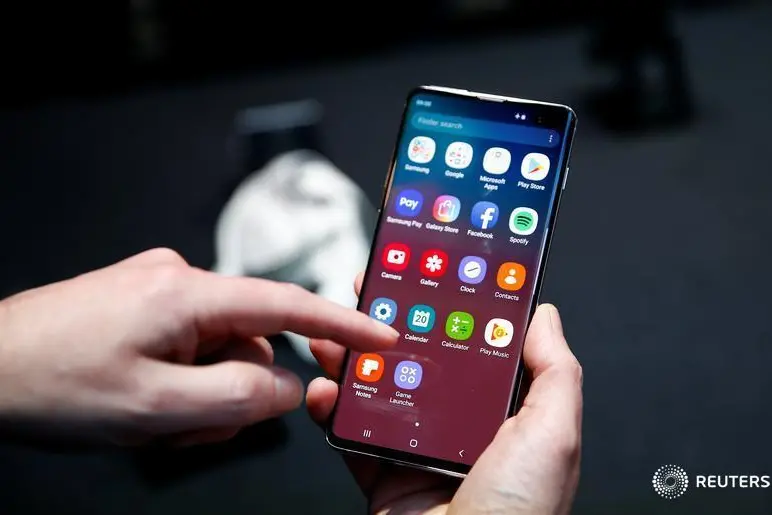PHOTO
In the aftermath of the Easter Sunday bombings that left more than 300 dead and over 500 injured, Sri Lanka imposed a temporary yet extensive ban on social media, including Facebook, Instagram, WhatsApp, YouTube, Snapchat, and Viber. The ban, which remains in place at the time of writing this column on Tuesday afternoon, has been hailed as the right thing to do by a section of the media while some have called it excessive and oppressive.
For those of us who sit in judgement of the move, let's try and remember one thing: it isn't easy for a media person to fully comprehend the compulsions of and pressures on the authorities after a series of coordinated bombs ripped through the island nation, leaving behind death, destruction and devastation. Officials of the country, which is still nursing the wounds of a brutal 25-year civil war that lasted until 2009, would have been extremely wary of the toxic misinformation that was reportedly spreading like wildfire on these platforms, further complicating a severe crisis.
It is no secret that social media businesses have done precious little to make their platforms less fertile as grounds for fake news, and have allowed themselves to be misused for propagating religious hatred, glorifying violence and publicising terror. In a world getting increasingly ruptured by religion, the field was wide open for trolls and other digital fiends to hijack the conversation and lead it astray. It may have, therefore, seemed like a good idea to jam the communication channels in order to avoid the spread of misinformation, disinformation and propaganda.
But in the long term, information blackouts cannot be a good thing, however compelling the initial reasons may seem. Thanks to the decades-long civil war, Sri Lanka stands accused of having a history of suppressing press freedom and censorship. Media remains as much a platform for publicity as it is for civic discourse. Deteriorating tourism will be a direct fallout of the terror strikes. By throttling media (and not just social media) in pre-emptive strikes like this, the Lankan government may have played into the hands of the terrorists whose objective would have been to hurt the economy by shutting the country to outside access.
Copyright © 2019 Khaleej Times. All Rights Reserved. Provided by SyndiGate Media Inc. (Syndigate.info).





















